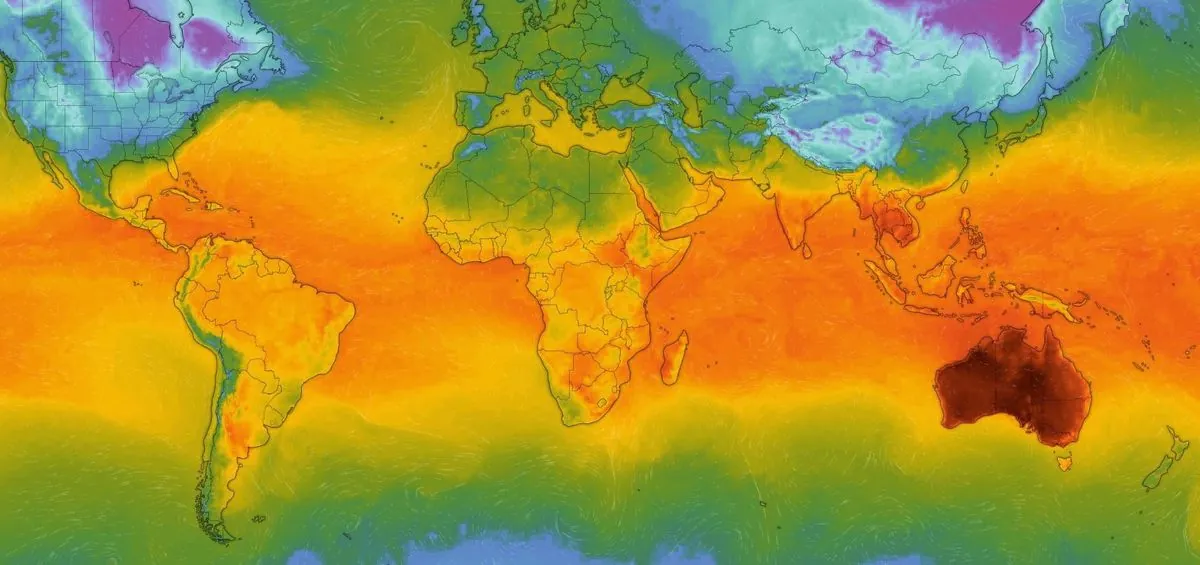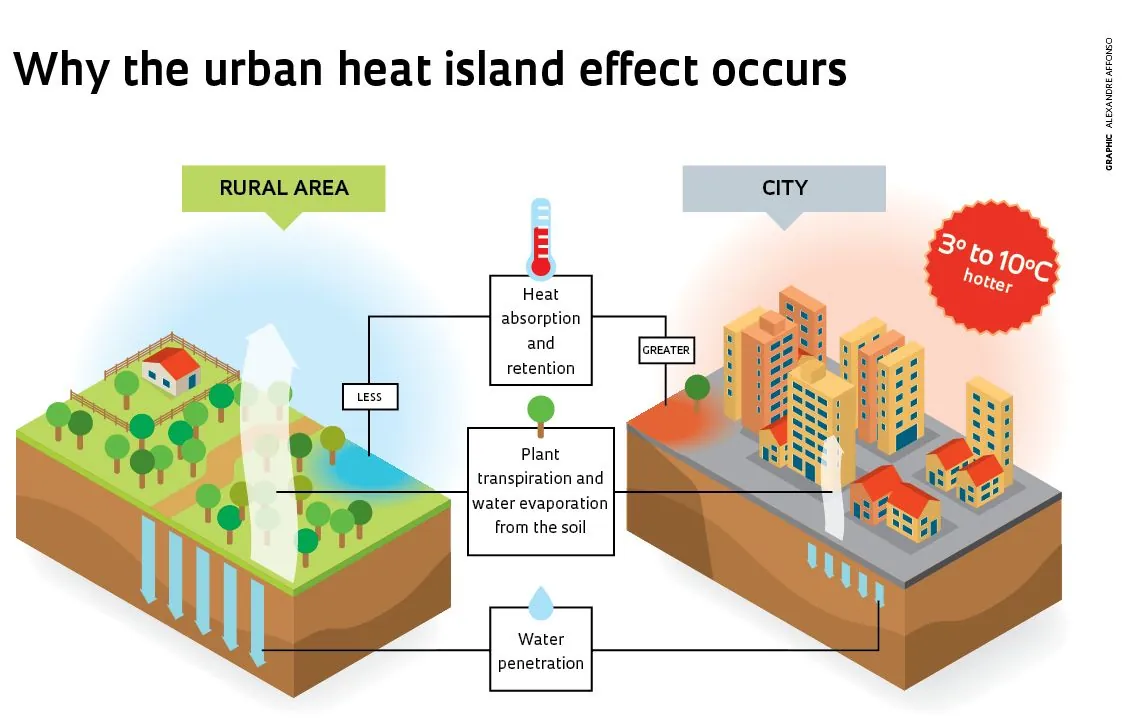Global Temperature Hits New Peak: 17.15°C Recorded on July 22
A new global temperature record of 17.15°C was set on July 22, 2024, surpassing the previous day's high. Climate change continues to drive temperatures upward, with impacts felt worldwide.

On July 22, 2024, the Earth experienced its hottest day on record, with the global average surface air temperature reaching 17.15°C. This surpassed the previous record set just one day earlier on July 21, according to preliminary data from the Copernicus Climate Change Service.
The Copernicus Climate Change Service, part of the European Union's Earth observation program, has been monitoring temperature patterns since 1940. This recent record marks a significant milestone in the ongoing trend of rising global temperatures.
Karsten Haustein, a climate scientist at Leipzig University in Germany, commented on the significance of this event:
"This past Monday might have set a new global record for warmest absolute global average temperature ever — by that I mean going back tens of thousands of years."
The new record comes amidst a series of extreme heat events worldwide. Cities in Japan, Indonesia, and China have reported record-breaking temperatures, while Gulf countries have experienced heat indexes exceeding 60°C. Parts of Europe have seen temperatures surge past 45°C.
Climate change, primarily driven by the burning of fossil fuels, is the main factor behind these temperature records. Unlike the previous year's records, which were influenced by the El Niño climate pattern, this July's peak occurred during neutral conditions, making it particularly noteworthy.

The global average temperature has increased by approximately 1.1°C since the pre-industrial era. This warming trend has led to more frequent and intense heat waves, impacting human health, agriculture, and ecosystems. The urban heat island effect exacerbates these issues in cities, which can be significantly warmer than surrounding rural areas.
As temperatures continue to rise, adaptation strategies such as urban greening and improved building design are being implemented to cope with the changing climate. However, the Paris Agreement's goal of limiting global warming to well below 2°C, preferably 1.5°C, compared to pre-industrial levels, remains a significant challenge.
The use of satellite data and advanced climate models plays a crucial role in monitoring and predicting global temperature trends. These tools indicate that without significant reductions in greenhouse gas emissions, temperatures will continue to rise in the coming decades, potentially leading to more frequent record-breaking heat events.


































